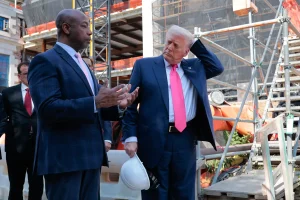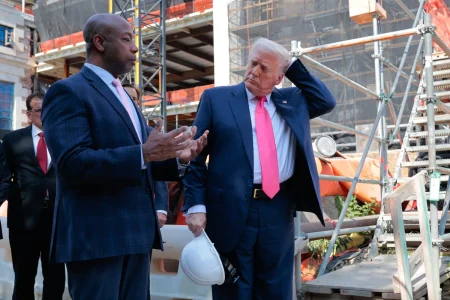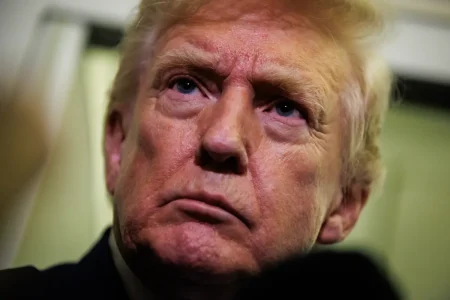Chinese Refiner Yanchang Petroleum Halts Russian Oil Purchases Amid U.S. Sanctions
Yanchang Petroleum, a significant Chinese refiner backed by provincial government funding, has reportedly ceased purchasing Russian oil according to recent information from Reuters. This development marks another blow to Russia’s oil export capabilities as international pressure continues to mount against Moscow’s military actions in Ukraine. Based on information from anonymous traders familiar with the situation, Yanchang has specifically excluded Russian oil from its tender for deliveries scheduled between December and mid-February, signaling a significant shift in its procurement strategy.
This decision follows directly in the wake of U.S. President Donald Trump’s administration implementing sanctions against Russia’s two largest state-owned oil producers, Rosneft and Lukoil. These sanctions represent a calculated effort by the United States to increase economic pressure on the Kremlin, with the explicit aim of compelling Russia to pursue peace negotiations regarding its ongoing military operations in Ukraine. The sanctions appear to be having their intended effect as more international buyers reconsider their relationships with Russian energy suppliers, fearing potential secondary sanctions or other complications in their global business operations.
Yanchang Petroleum is not alone in this pivot away from Russian oil. According to reports, four major Chinese state refiners had already suspended their Russian oil purchases in direct response to the American sanctions. This collective action by multiple Chinese refining companies represents a significant development in China-Russia energy relations, which had previously remained largely resilient despite Western pressure. The decisions by these refiners to comply with U.S. sanctions suggests growing concerns about the potential financial and diplomatic repercussions of continuing business as usual with sanctioned Russian entities.
The implications of these developments are particularly significant given China’s position as Russia’s leading strategic partner. Until now, China’s large-scale oil purchases had provided a crucial economic lifeline to Moscow, helping to sustain Russia’s war economy despite the extensive Western sanctions imposed following the invasion of Ukraine. Chinese energy purchases had effectively created a financial buffer that allowed Russia to weather much of the economic isolation attempted by Western nations, with Chinese refiners becoming even more important customers as European buyers reduced or eliminated Russian oil imports.
This apparent compliance with U.S. sanctions by multiple Chinese refiners, including provincially-backed Yanchang Petroleum, could signal a notable shift in Beijing’s approach to balancing its relationship with Russia against its broader global economic interests. While China has publicly maintained its partnership with Russia throughout the Ukraine conflict, these commercial decisions suggest that Chinese companies may be increasingly unwilling to risk their international business positions to support Moscow. The situation highlights the complex calculations being made by Chinese entities as they navigate the competing pressures of maintaining strategic ties with Russia while avoiding potential secondary sanctions from the United States.
As this situation continues to develop, energy market analysts will be closely monitoring whether this trend extends to other Chinese refiners and energy companies, and whether it represents a temporary adjustment or a more fundamental shift in China-Russia energy trade. The decisions by Yanchang Petroleum and other Chinese refiners could potentially foreshadow additional economic challenges for Russia if it loses significant access to the Chinese market. While official statements from the companies involved and from the Chinese government have been limited, these market movements suggest that U.S. sanctions may be creating more significant pressure points in Russia’s economy than previously observed, potentially influencing Moscow’s strategic calculations regarding the conflict in Ukraine.














